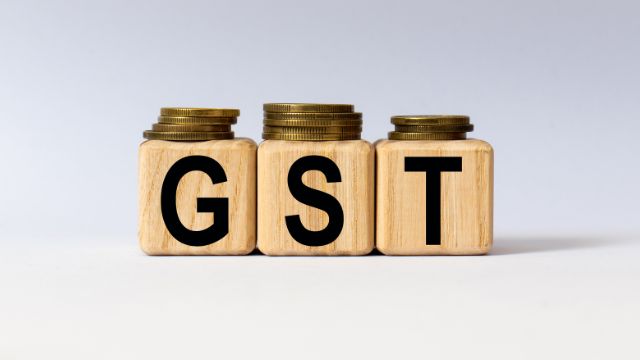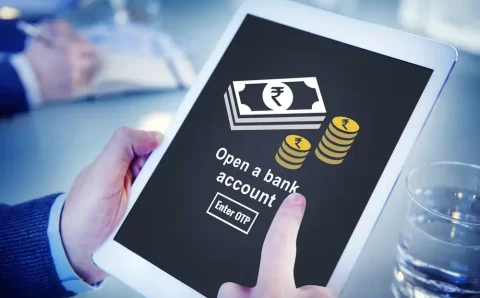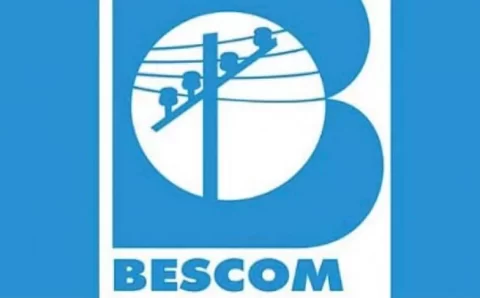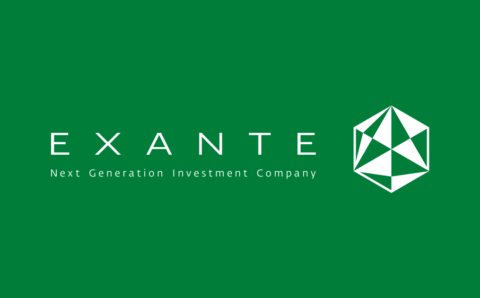The current GST level in the online skills game industry sector is 18 percent of gross game revenue (GGR) and zero percent of the legal entrance fee (CEF) that is legal, fair and in line with international tax standards for this sector.
The Industrial Agency said that the imposition of 28 percent of GST further on GGR would increase the taxation incident to around 55 percent, which was clearly unfair for industries that were considered legitimate trade and not games from opportunities.
“This will make it unable to be done for most players (consumers), negative impacts on the GST collection clean of this sector,” he said in a statement.In addition, if 28 percent GST is subject to CEF, the GST incident shoots almost 10 times (1,100 percent).”Thus, it is very possible that GST industry and income, from it, will stop,” said the association Online games have paid GST RS 6,000 cumulative since the last four years and are likely to pay RS 16,000 Crore between 2022-2025.
It is estimated that most of this comes from online skills games, given the transparent, measurable, and non-cash mechanisms followed by this sector.According to Iamai, the impact of every change in the current GST incident will mean that many offline service providers will go underground that leads to further revenue leaks on the one hand.
“On the other hand, for online skills games, it will be the same to kill the proverb that is golden eggs,” he said.Globally, many jurisdiction in the EU, Britain, USA etc. Levy tax only in GGR.The study shows that the tax rate on the GGR between 15-20 percent provides the most profitable return to the tax authority.
The Supreme Court has clearly decided that the skills game is a valid trading and, therefore, protected based on article 19 (1) (g) and 14 constitutions.”That will contradict the letter and spirit of the Supreme Court’s assessment to equalize the skills game with a coincidence – gambling, betting or betting,” said the Industrial Agency.






